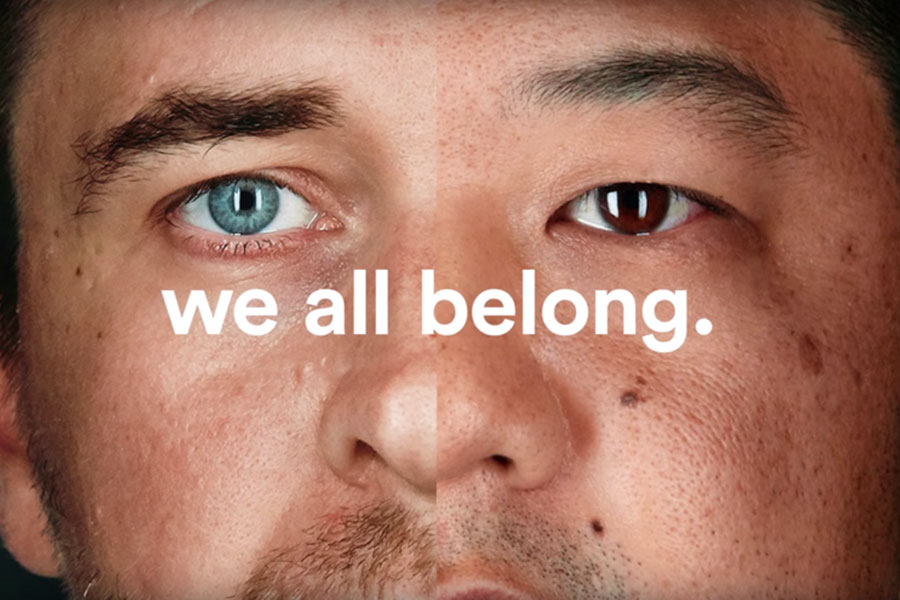If there is one thing that the social era has ushered in, it’s the addition of human traits to businesses and corporations. As we continue to progress, brands are having to dig so much deeper into defining and articulating their positioning to customers, a “mission statement” alone seems a bit quaint.
Wanting your customers to be passionate about your brand means you may have to open the brand kimono a bit, and put your brands passions on display. As human beings, we have our own set of values and passions that we live by, and we typically surround ourselves with like-minded relationships. Increasingly we’re putting the same selective filters on when we’re choosing the brands we’re willing to align with. According to some studies, up to two-thirds of consumers say that it’s important to them for brands to take a public stand on social or political issues. On top of this, when we isolate the coveted millennial audience, we see studies that indicate that as much as 75% love brands that support their local communities and would rather purchase from them than competitors. And those numbers are not likely to go anywhere but up.
This is new, and understandably uncomfortable ground for a lot of brand leaders. And, as most of us witnessed with Pepsi’s Kendall Jenner stumble, stepping into social matters can have its issues. But don’t let that deter, there are plenty of other brands who have found a path to success. Brands like Heineken, who pumped up their brand recognition, engagement and passion by initiating conversations between people with opposing viewpoints. Like Budweiser, who did the same by offering their sublime tribute to the benefits of immigration during the same Super Bowl that saw AirBNB do the same. Brands don’t always have to face off against an issue… sometimes they can just inspire like Dodge did with this nod to powerful women, or open doors of opportunity like Boost Mobile did by turning their stores into polling places in typically underserved neighborhoods.
Brands don’t need to be built with a social purpose like Tom’s Shoes, Patagonia or Tesla to make a difference—there are so many ways for brands to get involved, to share their voice and to help take a stand, it’s only limited by our imaginations and our passions. At SCS, we’ve found that passion and purpose are at the heartbeat of every brand, and that the brands that know how to share theirs authentically with their customers are the brands that win.
